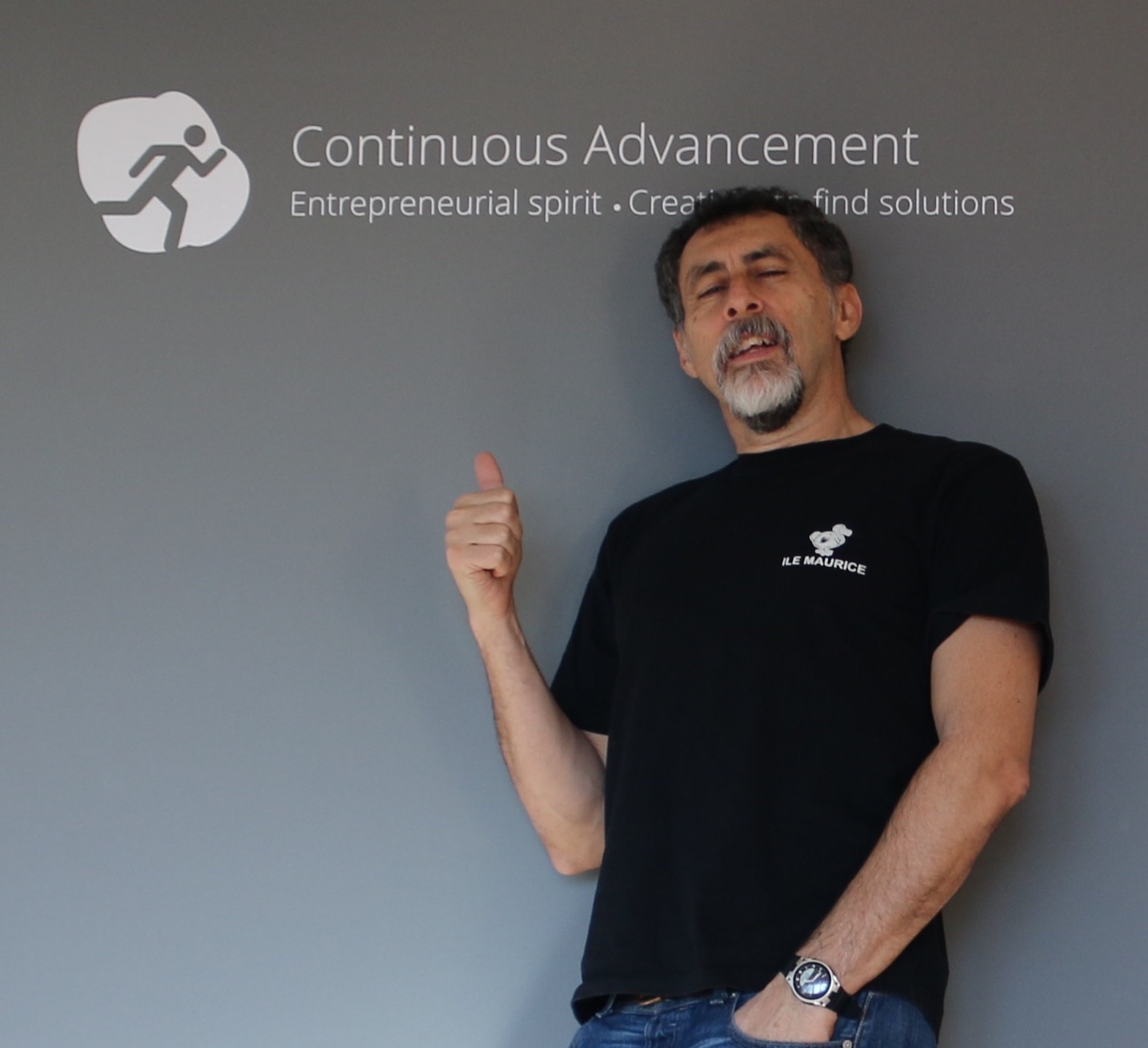10 Questions with Raúl Cristián Aguirre
September 14, 2016
In a world of fierce competition, the key to success could be an unsuspecting one. How can small businesses beat larger contenders while retaining strategic talent? According to Raúl Cristián Aguirre, it all starts with love. How did you found your business? RCG/ “I founded Tango/04 in my living room 25 years ago, and I

In a world of fierce competition, the key to success could be an unsuspecting one. How can small businesses beat larger contenders while retaining strategic talent? According to Raúl Cristián Aguirre, it all starts with love.
- How did you found your business?
RCG/ “I founded Tango/04 in my living room 25 years ago, and I only recently sold it. It has become a multinational company with offices in six countries, 100+ employees and enterprise customers in more than 50 countries. Despite being much smaller, we have won against IBM, CA, BMC, HP and similar companies.”
- How were you able to beat out larger competitors?
RCG/ “You may call it affection, sensitivity or empathy. I think the proper name is ‘love.’ I am shocked this is not a subject of study in MBA courses and universities. It is such a basic thing in business. For us, love was present in everything we did.” - What do you mean by “love,” exactly?
RCG/ “When I say ‘love,’ I mean baking kindness into all that we did and all that were. It’s such a simple, free thing to do to ensure we were making an impact beyond just business.” - What are some examples of this love in action?
RCG/ “When we worked hard to solve customer problems or iron out issues, there was love. When we provided second chances to failing team members, there was love. We gave our staff and customers the best of us. We put sincere effort in helping them out, using fairness, altruism, smiles and good faith.” - How did you perpetuate this approach in the workplace?
RCG/ “We were always willing to listen to (and help) anyone, anytime. We had an open-door policy on steroids. Also, we trusted our staff implicitly. We demonstrated trust by maximizing delegation, freedom, transparency and continuous education.”
- Was there a secret to your successful implementation?
RCG/ “It was a principle. When we made decisions, money was never above people. When money is king, principles and values are usually just a poster on the wall. By putting love first, however, we were able to achieve great things.” - How did this play out among your staff?
RCG/ “Some people didn’t value this approach, while others didn’t notice. Most did, though. Through this approach, our average employee tenure was 7.28 years, which is astronomical for the IT sector. We kept key talent despite several bubbles and intense headhunter attacks.”
- Do you think this approach is applicable to all entrepreneurs?
RCG/ “Absolutely. As entrepreneurs, we do not create companies— we create cultures. And a strong, empathetic culture creates its own antibodies. Those who don’t share the values end up ejected sooner or later. Usually sooner.” - In your experience, why is this approach so valuable?
RCG/ “Author Tom Peters is a long-time advocate of this approach. He claims the hard stuff (e.g., engineering, product development, finance) is soft, but the soft stuff (the human side) is really hard. I can’t agree more. Sadly, love is not even on the radar of some businesses.” - What is the biggest lesson you’ve learned through this approach?
RCG/ “In a nutshell, that love is the ultimate competitive advantage. But profound, genuine love only comes from the burning enthusiasm of doing what we enjoy the most.”
Raúl is an Entrepreneurial Masters Program (EMP) graduate and former Chapter President of EO Spain – Barcelona. He is now touring the world speaking about success and happiness. Contact Raul at [email protected].
Read other engaging interviews and stories in the upcoming September 2016 edition of Octane magazine. For a PDF copy, please email us!